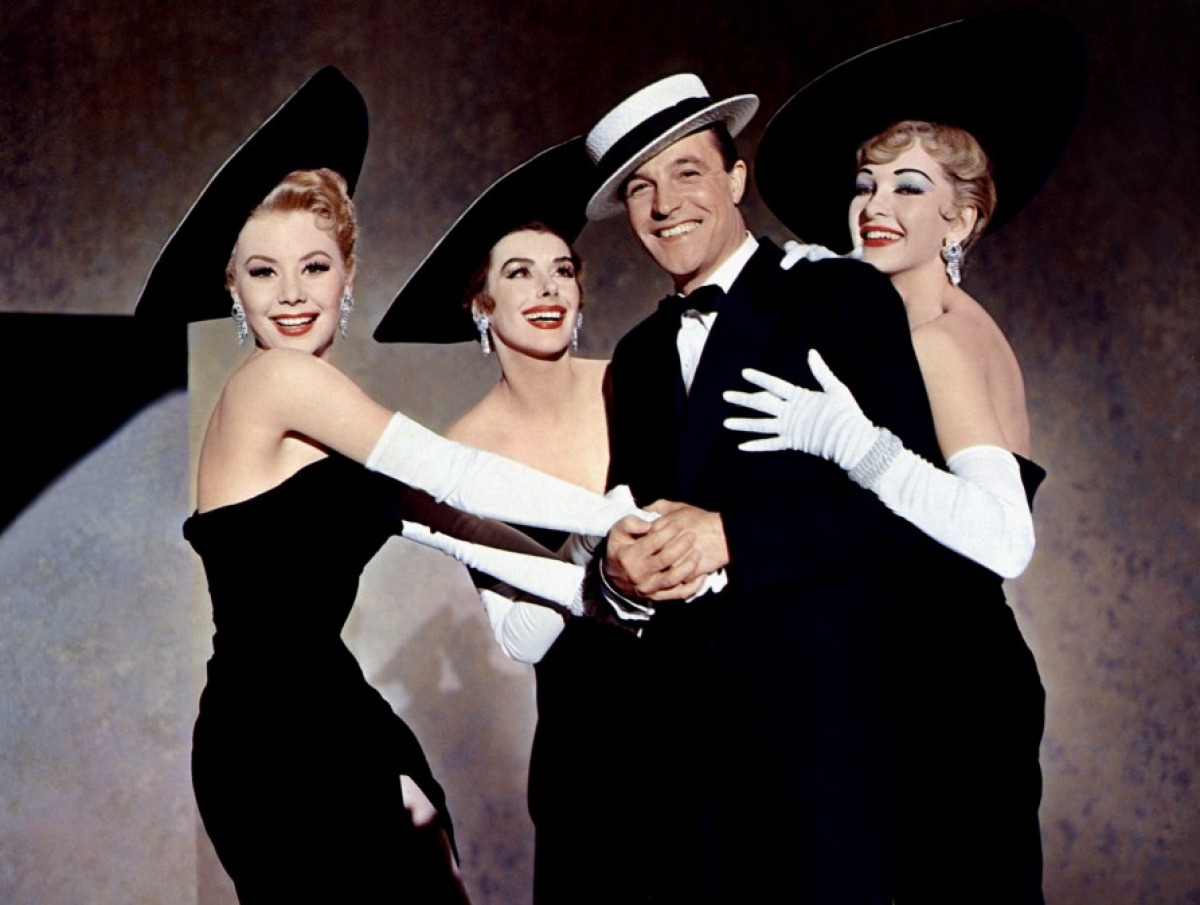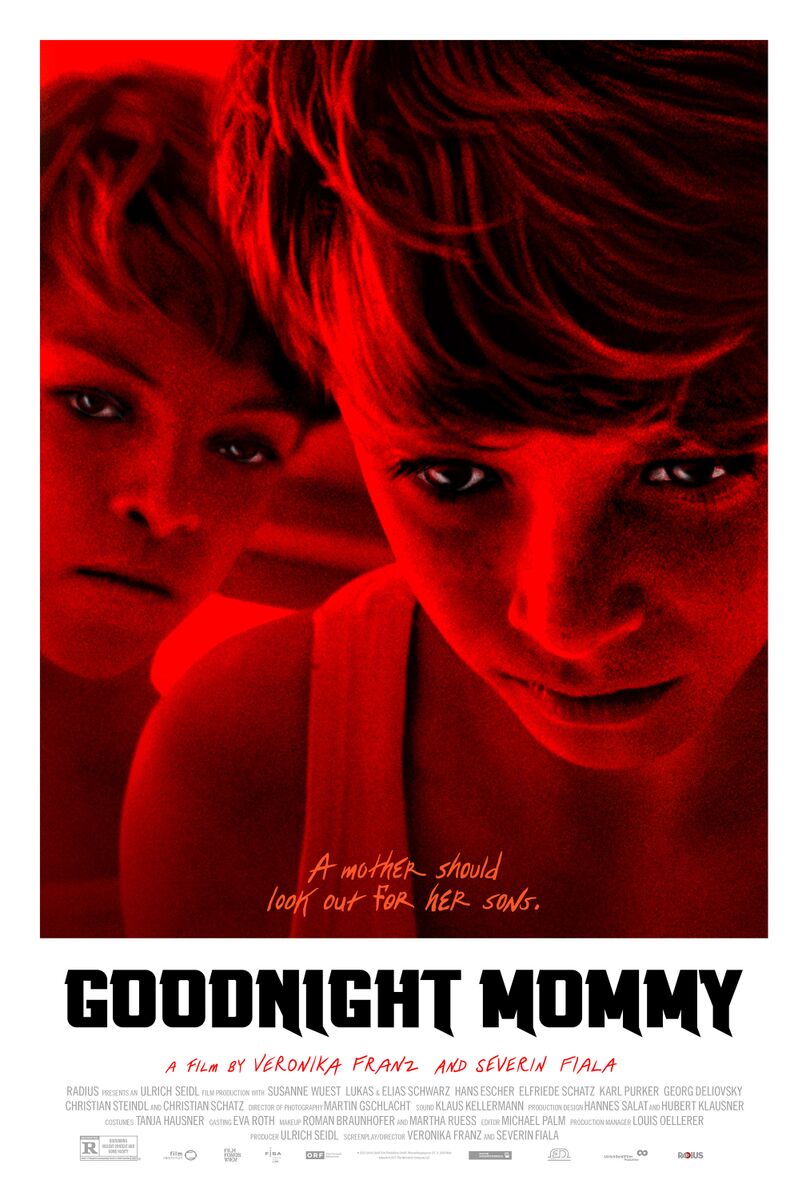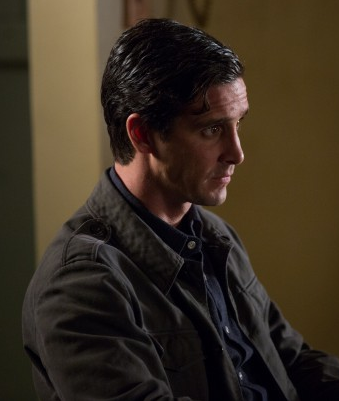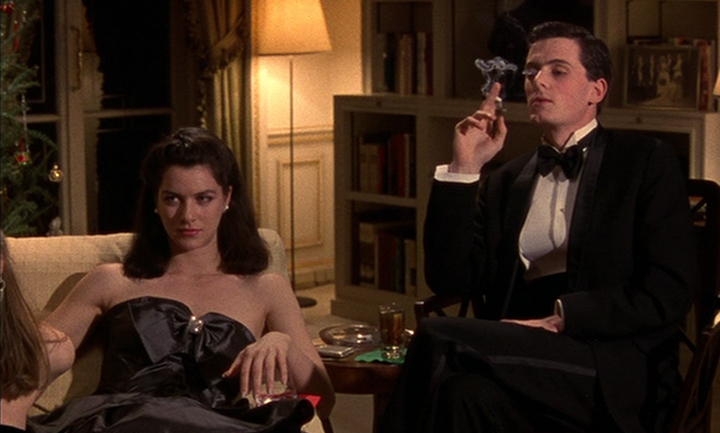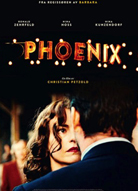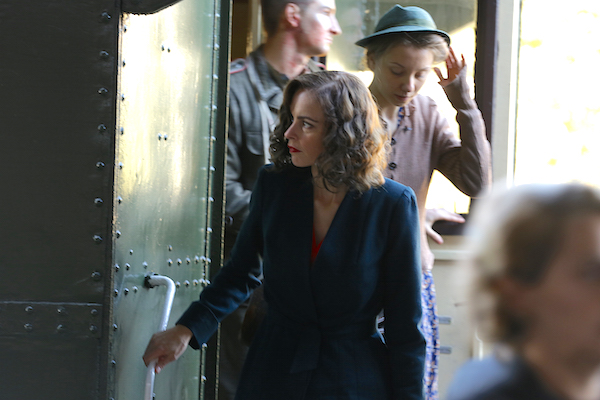Interview: Gillian Armstrong on Her Orry-Kelly Documentary and Why the Film Industry Needs Affirmative Action
 Friday, September 18, 2015 at 11:55PM
Friday, September 18, 2015 at 11:55PM Jose interviews the director of a new costume design documentary at TIFF
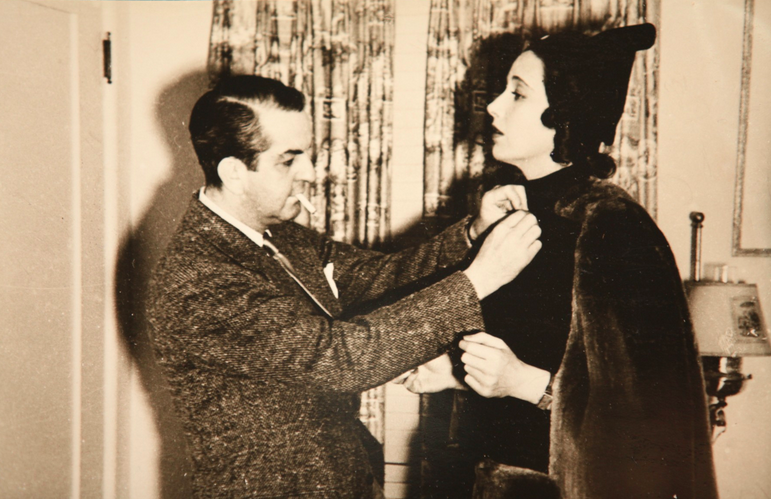 Orry-Kelly with Kay Francis. Photo courtesy of Scotty Bowers
Orry-Kelly with Kay Francis. Photo courtesy of Scotty Bowers
In Women He’s Undressed, the extraordinary Gillian Armstrong paints a delightful portrait of Australian costume designer Orry-Kelly whose bold designs changed Hollywood forever (he was the first costume designer to draw the actors' faces on his designs!). The brilliant man behind Ingrid Bergman’s tasteful suits in Casablanca, Rosalind Russell’s larger than life gowns in Auntie Mame, and Marilyn Monroe’s nude dress from Some Like It Hot (he did Jack and Tony’s dresses too) had an exciting life that had him leave his small hometown to find a career in a budding industry across the world. From gangsters and plays with an unknown Katharine Hepburn, to affairs with Cary Grant and uprisings with Bette Davis, Orry-Kelly’s life was so rich that one wonders why no one had done a film about him before.
In typical Armstrong fashion, the documentary is told with whimsical flourishes (Darren Gilshenan plays Orry who reads from letters and adds commentary) and features interviews with Colleen Armstrong, Michael Wilkinson, Jane Fonda, Catherine Martin, Angela Lansbury and the legendary Ann Roth, all of whom express their admiration for Orry, and share anecdotes about working with him. The film played at the Toronto Film Festival, and I had the opportunity to talk with Ms. Armstrong about discovering Orry’s work, working with Ann Roth (“someone should do a documentary on her next, she’s extraordinary”) and her thoughts on the way the industry treats women.
Orry-Kelly, Australian Oscar winners, and artists as film subjects after the jump...
